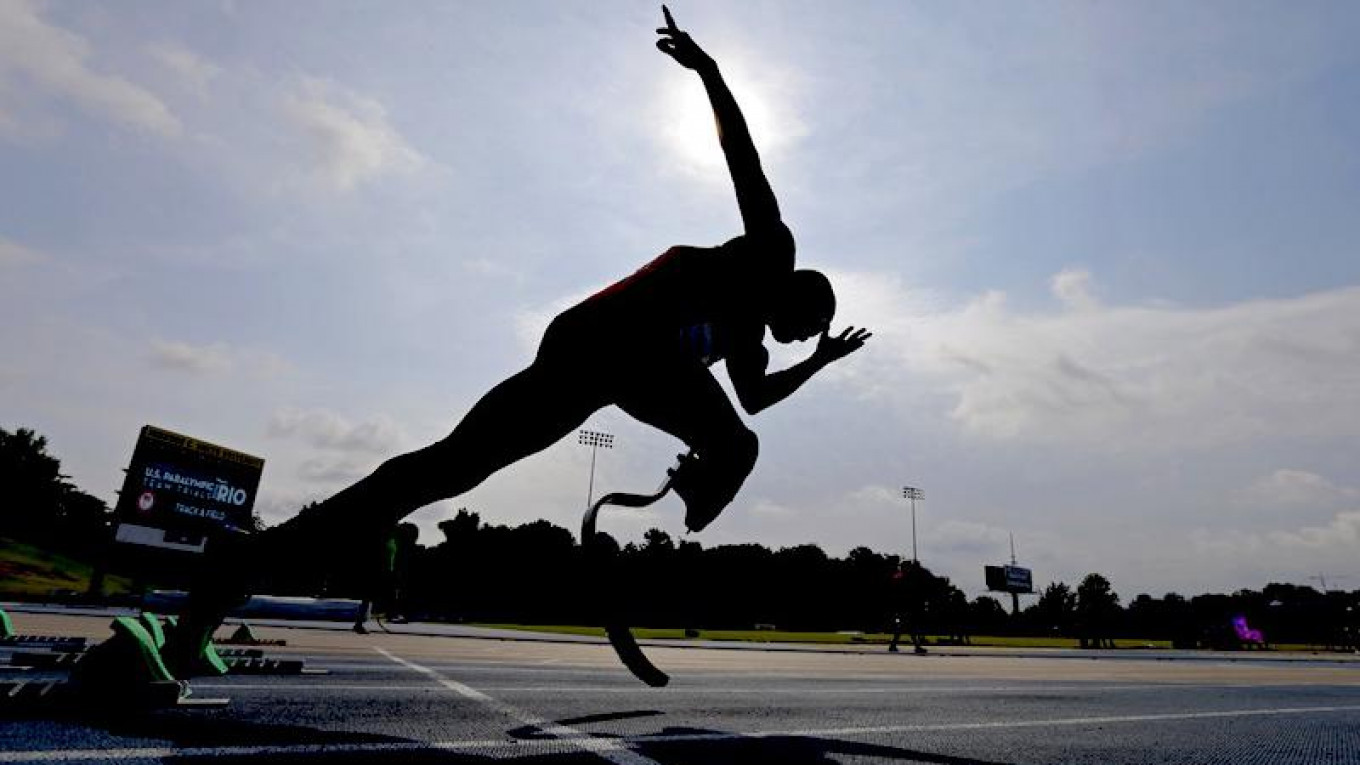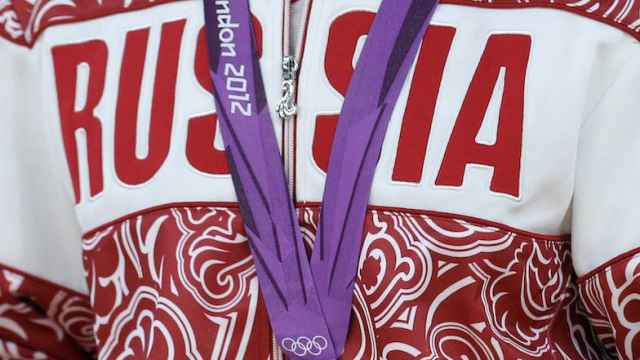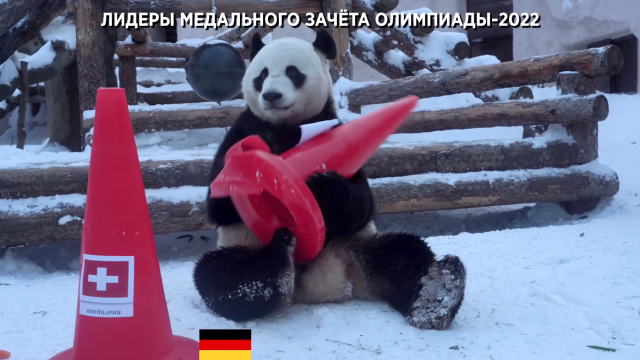Russian officials have lashed out at a ruling by the International Paralympic Committee (IPC) decision to ban Russia’s entire squad from next month’s Paralympic games following as “cruel and inhumane.”
Writing on her Facebook page, Russian foreign ministry spokeswoman Maria Zakharova called the decision “a betrayal of the very highest standards of human rights which govern the modern world.”
The IPC ruled Sunday that the squad would be unable to compete in the Games after an independent report from the World Anti-Doping Agency (WADA) revealed a “state-sponsored” doping program across Russian sport.
Speaking at a news conference, IPC president Sir Phillip Craven called Russia’s anti-doping system “broken, corrupted and entirely compromised,” with a “medals over morals” mentality.
“The Russian Paralympic Committee are unable to ensure compliance with and enforcement of the IPC anti-doping code and the world anti-doping code within their own national jurisdiction and they cannot fulfill its fundamental obligation as an IPC member,” he said.
“The doping culture that is polluting Russian sport stems from the Russian government, who has catastrophically failed its Paralympic athletes,” he added.
Russia has already announced that it will appeal the decision at the Court for Arbitration in Sport (CAS).
Vladimir Lukin, the head of Russia’s Paralympic Committee (RPC), said he was “stunned” by the decision. “Common sense doesn’t always triumph,” he said. “I get the impression that this was all decided beforehand and that our efforts to defend ourselves were pointless.”
“The RPC is barely mentioned in the [WADA] report. There was one diagram showing that a few tests are assumed to be missing, but we were not responsible for their storage. Why aren’t WADA answering for this?”, he said.
The report, authored by Canadian lawyer Richard McLaren, found Russia’s sports ministry and security services manipulated urine samples at anti-doping laboratories between 2011 and 2015 including during the Sochi winter Olympic and Paralympic Games. Twenty-seven of the reportedly manipulated samples related to Paralympic sport.
Russia’s performance at the Winter Paralympics dramatically improved during the period the doping system was reported to be in operation. After winning 38 medals at the Vancouver games in 2010 Russia took 80 medals at the Sochi Winter Olympics in 2014.
Russian Sports Minister Vitaly Mutko claimed that the allegations of doping were “groundless” and promised to fully support Russia’s Paralympic Committee, “a world leader in the Paralympic movement.”
Russia’s Deputy Prime Minister Arkady Dvorkovich also condemned the decision on social media, writing that “those who voted for this decision have no conscience and no honor.”
The ban on Russia’s Paralympic squad is in contrast to the International Olympic Committee’s decision to allow Russia's Olympic team to compete if that were given clearance from individual sporting federations.
Four-time Paralympic athletics champion Alexey Ashapatov claimed that other nations wanted Russia to be disqualified in order to remove a major rival. “There is certainly politics involved. Our rights have been completely violated,” Ashapatov told the state-owned news agency TASS.
“Perhaps it’s because we have shown we can compete with the very best,” he said.
A Message from The Moscow Times:
Dear readers,
We are facing unprecedented challenges. Russia's Prosecutor General's Office has designated The Moscow Times as an "undesirable" organization, criminalizing our work and putting our staff at risk of prosecution. This follows our earlier unjust labeling as a "foreign agent."
These actions are direct attempts to silence independent journalism in Russia. The authorities claim our work "discredits the decisions of the Russian leadership." We see things differently: we strive to provide accurate, unbiased reporting on Russia.
We, the journalists of The Moscow Times, refuse to be silenced. But to continue our work, we need your help.
Your support, no matter how small, makes a world of difference. If you can, please support us monthly starting from just $2. It's quick to set up, and every contribution makes a significant impact.
By supporting The Moscow Times, you're defending open, independent journalism in the face of repression. Thank you for standing with us.
Remind me later.





